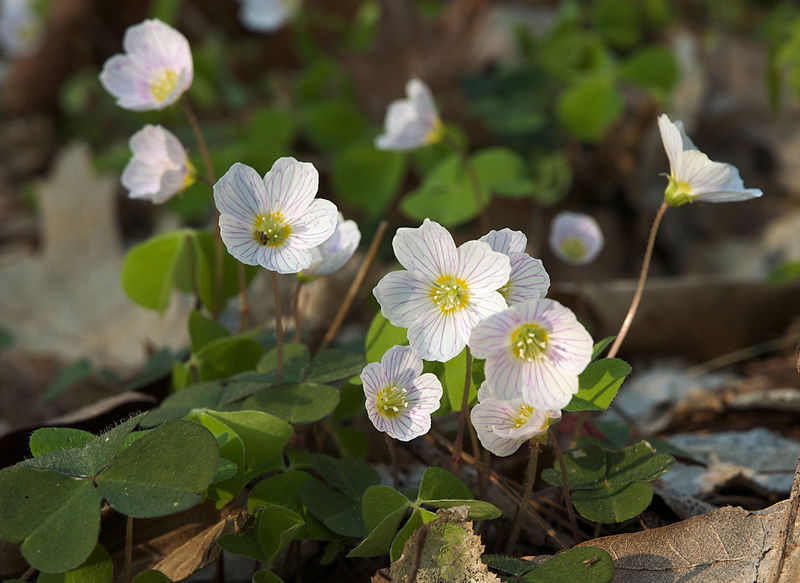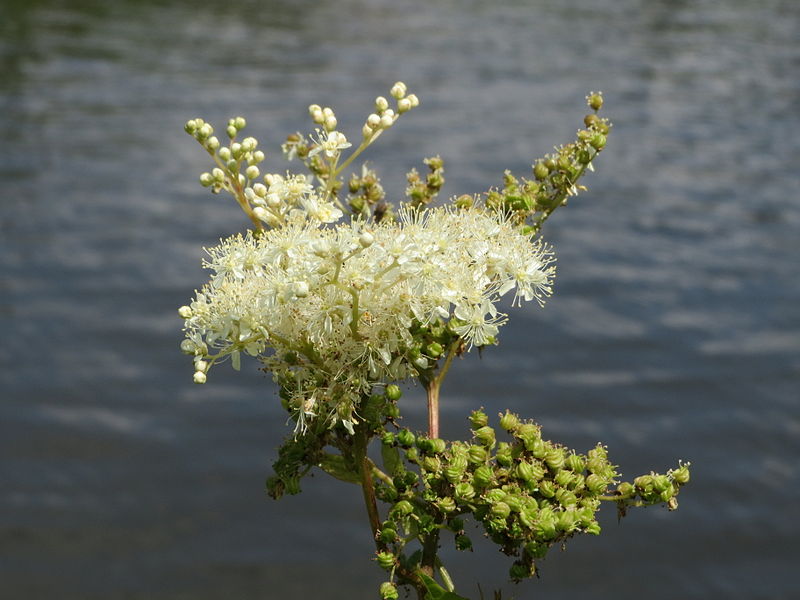Wild Edible Of The Week 51 "Plantain"
Botanical name: Plantago major, Plantago lanceolata

Common name: Plantain, Broad Leaf Plantain, White Man's Foot, Greater Plantain, Cart Track Plant, Ribwort

Physical appearance: A low growing, small plant consisting of large, oval shaped leaves growing between 5 and 20 cm in size. Each leaf will feature between 5 and 9 veins over the length of the leaf. Generally, the petiole will almost be as long as the leaf itself. Its flowers are small, greenish-brown with purple stamens and are produced in dense spikes.The plant rarely grows to over 70cm in height.
Edible parts: Young, tender leaves can be eaten raw in salads or as is The leaves are bitter in flavour whilst the plantain's flower buds are mushroom like in flavour and will make a mushroom like stock if collected in sufficient quantities.

Best places to find: Fields, waste grounds, parks, disturbed soil, roadsides
Time of year: Can be foraged year round in the UK.
NB! The leaves can actually be used to treat nettle stings and are more effective than using dock leaves (Rumex obtusifolius). Simply crush a few leaves and use the sap exuded to treat the affected area.

Other uses : This is a plant with ancient medicinal uses. The sap of Ribwort Plantain has emollient properties and is absorbed easily into the skin. These plants have been used as an antihistamine, antiseptic, analgesic, anti-inflammatory and even as a mild antibiotic. It also has strong anti-fungal properties. Suitable applications therefore include treating btes, stings, rashes and cleaning out cuts . Used as a tea or eaten raw, plantain can help with hay fever symptoms.
Photos courtesy of Rasbak, SB_Johnny and Frank Vincentz via Wikipedia Creative Commons Attribution




